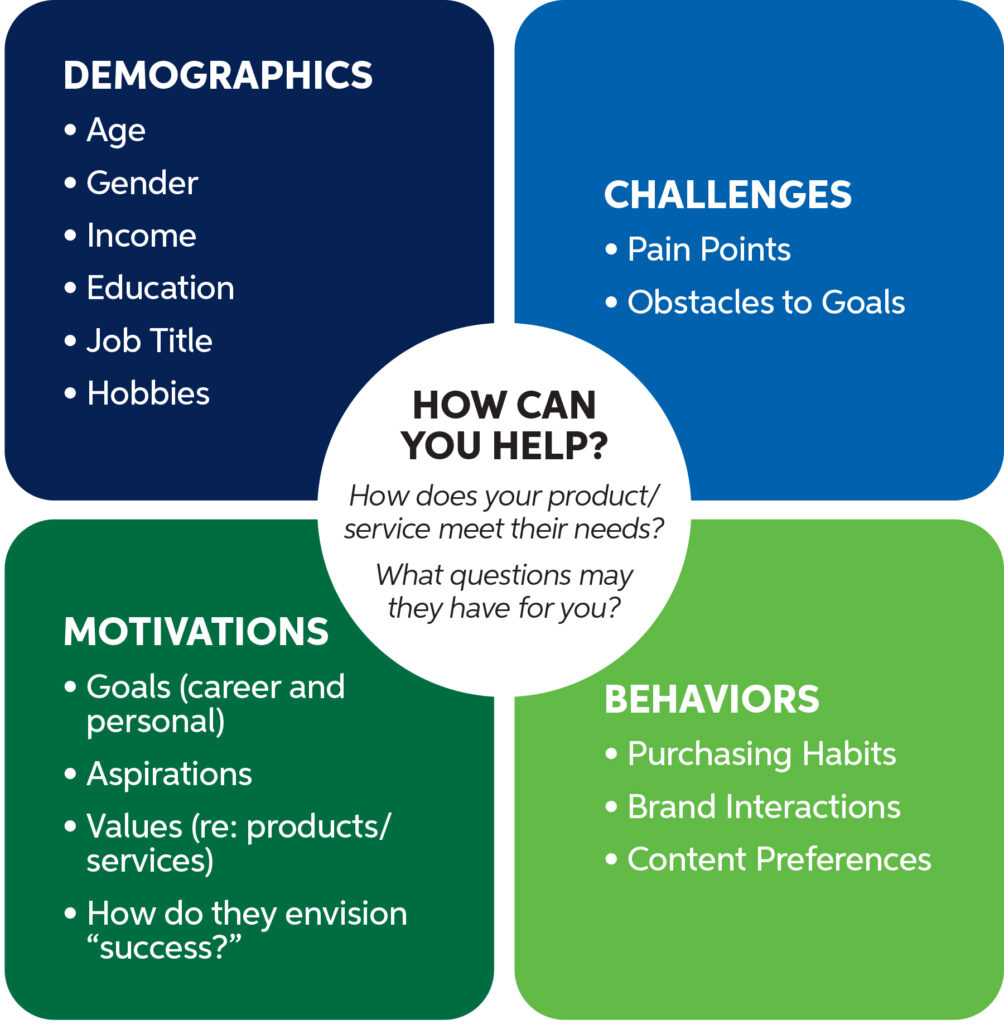Whether you’re a startup offering innovative software or an established IT services provider, finding the right leads is essential to building meaningful relationships that drive long-term success. Lead generation in the tech sector comes with its own set of challenges, from navigating complex sales cycles to standing out in a competitive marketplace. By employing actionable strategies, technology companies can attract ideal customers and achieve measurable results.
The Importance of Technology Lead Generation
Effective lead generation is a growth engine for tech companies, ensuring competitiveness in a rapidly evolving industry. Beyond generating a high volume of leads, it’s crucial to target the right decision-makers—those who influence purchasing decisions and seek solutions tailored to their unique challenges. By focusing on lead quality, companies can optimize resources, improve ROI, and build stronger pipelines.
Overcoming Challenges in Tech Lead Generation
Navigating the complexities of tech sales cycles often requires aligning multiple stakeholders before decisions are made. Standing out in a saturated market is another hurdle, especially when translating technical solutions into compelling benefits for non-technical audiences. Success depends on strategic approaches that balance clarity with expertise and evolve with market demands.
The Benefits of a Strong Lead Generation Strategy
When implemented effectively, lead generation strategies deliver results, including:
- Increased sales opportunities
- Enhanced brand visibility within target markets
- A reliable and scalable sales pipeline
By prioritizing high-quality leads, technology companies can sustain growth and establish themselves as industry leaders.
Understanding Tech Buyer Personas
A successful lead generation strategy begins with a deep understanding of your target audience.
Understanding Your Audience
Understanding your audience is foundational to successful lead generation.
Why Buyer Personas Matter
For technology companies, this audience often includes CIOs, CTOs, software engineers, and IT managers. Each role has unique challenges and priorities, which should inform your messaging and outreach strategies. Detailed buyer personas allow companies to craft messaging that resonates with their audience’s needs and pain points. Personas guide marketing and sales teams, enabling a targeted approach that reduces wasted resources and improves conversion rates.
Tools to Build Buyer Personas
Companies can leverage tools like surveys, feedback forms, and LinkedIn analytics to develop accurate buyer personas and provide insights into audience behaviors and interests. Market research platforms like SEMrush can identify trends and preferences, allowing companies to refine their personas over time and better align their outreach efforts.
Tech Lead Generation Strategies
A multi-faceted approach ensures diverse audiences are reached effectively.
Content Marketing
Industry-specific content—such as blogs, whitepapers, and case studies—educates potential leads while positioning your company as a trusted expert. Tutorials and thought leadership articles further build credibility and attract engaged prospects. Using Martech tools can amplify your content’s impact.
Search Engine Optimization
SEO strategies ensure visibility by targeting high-intent keywords and optimizing website performance. Complementing SEO efforts with search engine marketing can drive qualified traffic and boost conversions.
Pay-Per-Click Advertising
Pay-per-click (PPC) advertising enables technology companies to target specific audiences precisely. Platforms like Google Ads and LinkedIn allow companies to connect with specific audiences. Compelling ad copy and precise targeting enhance campaign effectiveness.
Account-Based Marketing
Account-based marketing (ABM) prioritizes high-value accounts through personalized outreach. This approach involves conducting thorough account research, developing customized content, and engaging prospects through multiple channels. ABM focuses resources on the most promising opportunities, fostering stronger connections and improving conversion rates.
Website Optimization
Clear CTAs, seamless navigation, and user-friendly forms transform websites into powerful lead-generation tools. Features like live chat enhance engagement and encourage conversions. A smooth user experience encourages prospects to take the next step in the buyer’s journey.
Webinars & Live Demos
Interactive webinars and live demos effectively showcase your products and expertise. These sessions allow prospects to engage directly with your team, ask questions, and see the value of your offerings in real-time. Including Q&A segments fosters trust and provides valuable insights into audience needs.
Conferences & Trade Shows
Participating in tech conferences, expos, and networking events provides opportunities to connect directly with prospects. Sponsorships can also enhance visibility and establish your company as a key player in the industry.
Email Marketing
Email marketing campaigns keep your brand top-of-mind, nurture leads, and share valuable resources. Segmented and personalized campaigns allow companies to stay top-of-mind, improving engagement rates and conversions.
Social Media
Social media platforms, especially LinkedIn, facilitate thought leadership and direct prospect interactions. Participating in tech communities and building authority through consistent posting can strengthen your brand’s presence.
Marketing Automation & CRM
Marketing automation and customer relationship management (CRM) tools streamline lead management and follow-ups. Automation tools handle repetitive tasks, such as email sequences, while CRM systems enable teams to prioritize high-value opportunities through lead scoring and efficient data management.
Partnerships & Collaborations
Collaborations with industry influencers, joint ventures, and affiliate programs can expand your company’s reach. Technology companies can tap into new audiences and enhance their credibility by partnering with complementary businesses or leveraging influencer marketing.
Referral Programs
Referral programs turn existing customers into advocates for your brand. Offering incentives or exclusive benefits encourages satisfied customers to recommend your services, creating a powerful, cost-effective lead generation channel.
Common Mistakes to Avoid
Measuring Technology Lead Generation Success
Measuring the right metrics ensures the effectiveness of lead generation efforts, helping technology companies refine and optimize their strategies.
Key Metrics to Track
Tracking the proper metrics is vital for refining lead generation efforts. Key performance indicators (KPIs) such as conversion rates, cost per lead, and sales-qualified leads provide insights into what’s working and where adjustments are needed. Once you’ve identified the right metrics to monitor, leveraging analytics tools can help track and interpret these insights effectively.
Tools for Analytics & Reporting
Tracking the proper metrics is vital for refining lead generation efforts. Key performance indicators (KPIs) include conversion rates, cost per lead, and sales-qualified leads. Tools like Google Analytics and Google Ads help monitor and improve campaign performance, providing actionable insights to guide future strategies.
Make Your Lead Generation Strategy Work for You
Effective lead generation is the cornerstone of success in the tech industry. With the right approach, your company can stand out, attract the ideal audience, and achieve tangible results.
Ready to transform your lead generation strategy?
Contact our team today to discover how we’ve driven success for other technology companies like yours.



